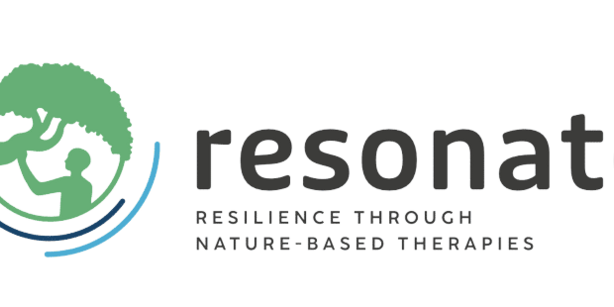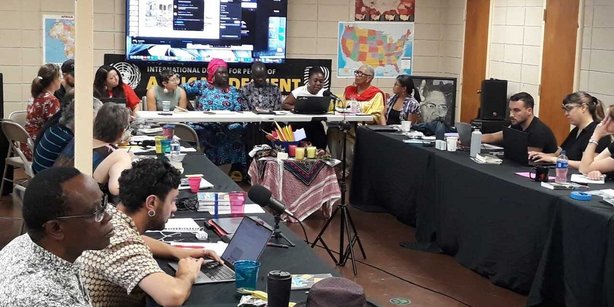How can our society transition from an unsustainable to a sustainable human-environmental system respecting planetary boundaries? Substantial changes are necessary in our relationship with the natural environment under climate change to ensure equity of access to water, energy, food, housing, healthcare, and mobility for the global population as well as future generations.
The focus area on changing society includes all scientists at the ECH that analyze facets of the socio-ecological transformation through the lens of the public sphere, economic factors, governance, and human behavior. Their unique interdisciplinary background fosters new and innovative research at the cross-section between nature, ecosystem services, and human society.
















